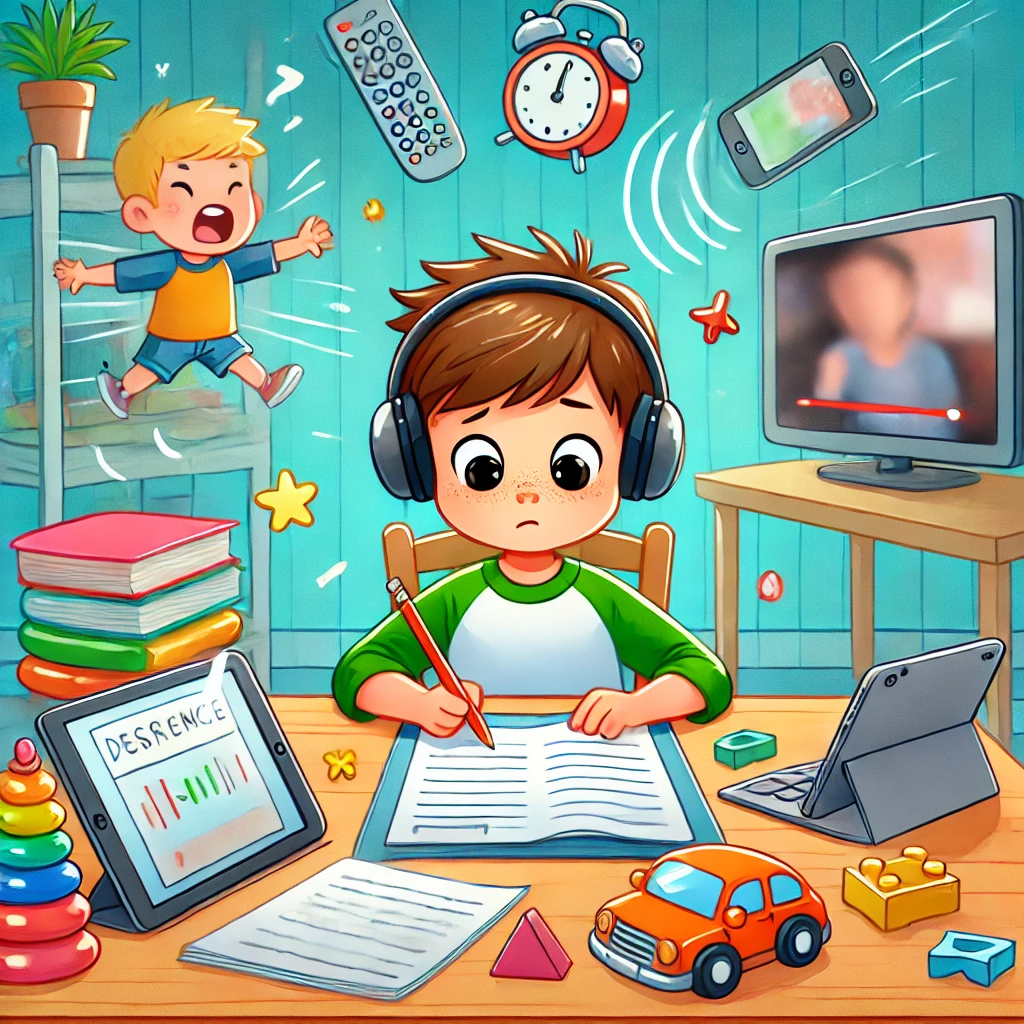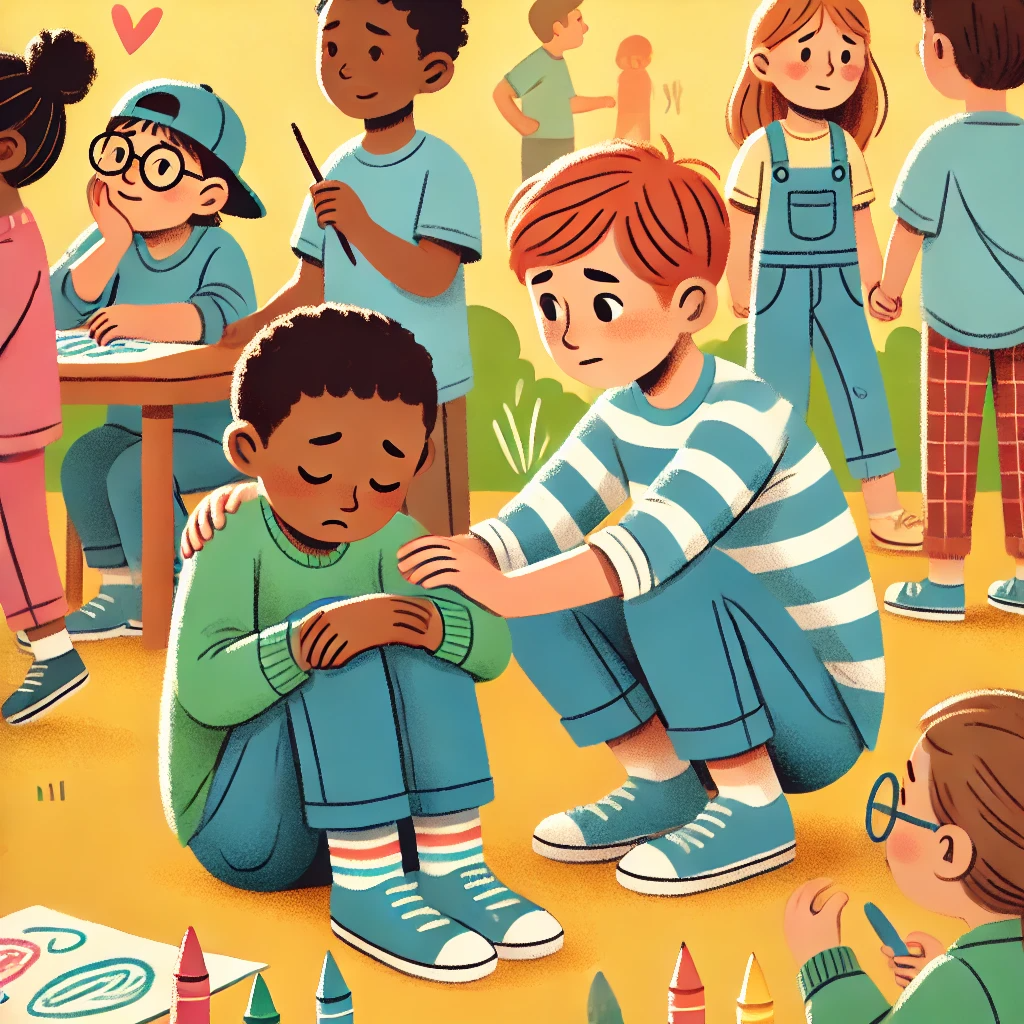
Anger is one of the strongest emotions we feel, and it can also be one of the toughest to handle. When kids feel frustrated, left out, or treated unfairly, those emotions can come up fast. Learning how to respond in a healthy way can make a big difference in how they feel about themselves and how they interact with others.
It’s important for kids to understand that anger by itself isn’t a bad thing. What matters most is how they respond when that feeling shows up. Instead of yelling, pushing, or shutting down, they can learn to pause, think, and choose a better response.
They’re reminded that even when things feel out of control, they still have control over their actions. This is where the power of expression becomes so helpful. Being able to pause, take a few deep breaths, and talk about what you’re feeling can lead to better understanding and fewer problems.
Here are three important steps that help kids build emotional awareness and make better choices:
- Recognize what you’re feeling. Being able to name the feeling helps take away some of its power.
- Take time to calm down. Deep breathing, stepping away, or just giving yourself a few quiet moments can help clear your head before reacting.
- Express how you feel. Once you feel calm, talking it out with someone you trust can make a big difference.
Kids can’t control what others say or do, but they can always control how they respond. Learning to manage anger in healthy ways builds confidence, strengthens relationships, and gives them the tools to handle life’s challenges with more clarity and strength.








